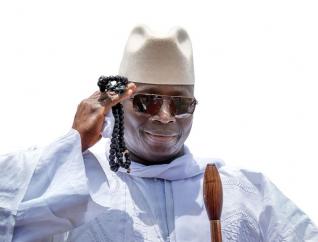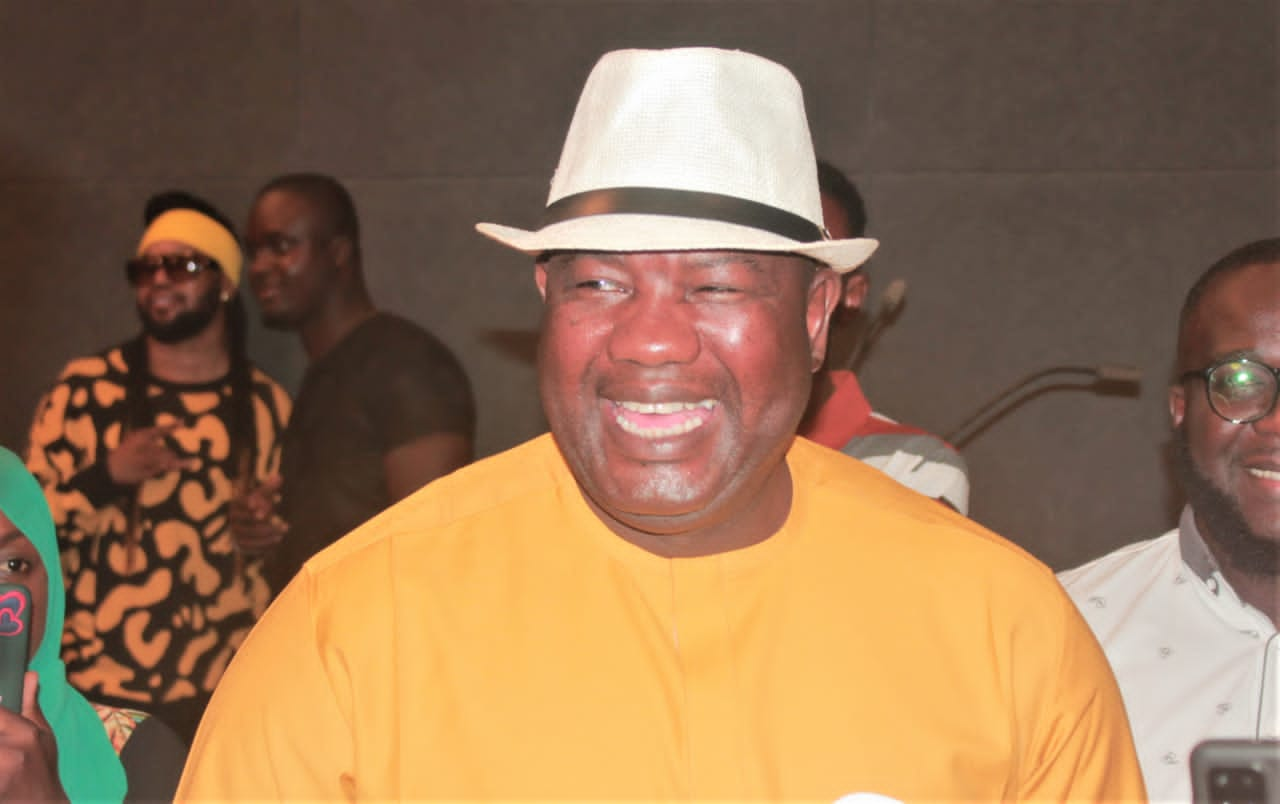 (JollofNews)- I was asked to comment on the US$10 million that was released to the Gambia last week by the International Monetary Fund (IMF).
(JollofNews)- I was asked to comment on the US$10 million that was released to the Gambia last week by the International Monetary Fund (IMF).
The headlines on some online Gambian papers are suggesting that the Gambia is “bankrupt”.
The first port of call in this analysis is the current position of the Dalasis and for this, I always refer to the exchange rate between the Pound Sterling and the Dalasis. The Pound is the main foreign currency associated with the Gambian tourism industry as the British are the main supporters of the Gambia’s tourism industry, both in assets and travellers from the UK to Gambia.
The long-term benchmark starts from 2000 to the present day. In 2000, £100 was equivalent to D2, 000 but by September 2014, £100 was equivalent to D 6,500. This devaluation of the Dalasis over 14 years is equivalent to to some 350 per cent. However, the Dalasis has remained relatively stable since last September and is today trading at around September’s figure.
The IMF stated that the Gambia has suffered from the Ebola crisis in West Africa, though the country remains completely free of the virus. It further attributed the decline of tourism by 60 per cent in terms of visitors through 2014/2015.
The IMF also sighted delayed rainfall affecting crops, which has a further negative impact on the exports of agricultural production. The Gambia also carries a significant domestic debt said to be in the region of D18.6 billion. Though recent figures suggest the country has financial reserves of D25 billion, this figure has increased by D3 billion during the early part of 2015. The reasons for this substantial improvement are unknown and unreported. Therefore, if these figures are indeed true, the Gambia is not bankrupt but in dire need.
The IMF has indicated that it intends to closely monitor the Gambia’s economic performance during the next 12 month period and urges the Jammeh regime to meet its current debt repayments and interest “in a timely manner”. The IMF is also appealing for some further canvassing for international donor support.
From April to September, the Gambia enters its winter period, where tourism falls off quite substantially. The IMF has therefore urged the Gambian government to build contingency for any further external shocks that may befall its fragile economy over the next few months.
Taking the influx of US$10 million in emergency relief, to put this into perspective, is equivalent to only US$ 6 for every man, woman and child in the Gambia.
Around 71 per cent of Gambians live on less than US$2 a day. This means it would only feed 71 per cent of Gambians for only just four days. However, it is unlikely that this money would go directly to feed Gambians. It is more likely to give short term relief to its balance of payments deficit during the tough months ahead.
It remains somewhat of an irony that Gambians in the Diaspora contribute some 12 per cent of the Gambia’s Gross Domestic Product (GDP) in remittances to family and friends. A large percentage of Gambians abroad reside in the UK and the United States where employment and economic growth has increased consistently in recent years. The remittance has increased from 8 per cent of GDP to 12 per cent during the last three years.
It is ironic because while Gambians in the Diaspora do not have the right to vote in the country’s period elections or have little or no say in how their government is run, they are arguably among the top three principal contributors to the Gambian economy.
The IMF has also claimed that the Gambia’s public institutions require urgent reform, but it would be interesting to see whether the Jammeh regime will embrace any reforms. The Gambia imports roughly twice as much as it exports. It is noticed that the Gambia is trying to cut down its imports, especially food, which if successful would go some way to reducing its balance of payments deficit. Food inflation is estimated to be in the region of 9 per cent per annum. The Gambia has given much kudos to its Programme for Accelerated Growth policy (PAGE), intended to stimulate the capacity of small businesses and create employment opportunities and entrepreneurship. However, such laudable objectives would require affordable finance and small business leadership and above all else, adequate and affordable funding through banks and small business support offices led by experienced advisors. I have seen reports which indicate that the Gambia does not have sufficient financial recourses committed to this project to make any real and discernable economic impact.
The Gambia has given much kudos to its Programme for Accelerated Growth policy (PAGE), intended to stimulate the capacity of small businesses and create employment opportunities and entrepreneurship. However, such laudable objectives would require affordable finance and small business leadership and above all else, adequate and affordable funding through banks and small business support offices led by experienced advisors. I have seen reports which indicate that the Gambia does not have sufficient financial recourses committed to this project to make any real and discernable economic impact.
Set against this outlook, President Jammeh made a public appeal to Diaspora Gambians, offering a limited amnesty to the dissident movement in the Diaspora. This was a reasonable appeal, which was not met by any authority within the dissident movement. One can clearly understand the merits of this appeal given the latest economic data.
Going by the IMF’s report, the Gambia is in dire need of reclaiming its abundant assets from the Diaspora. Clearly, Gambia has some tough times ahead. The antidote to this unfolding crisis would be to find a unifying force that can bring all of the Gambia’s assets to the service of the people. If President Jammeh cannot bring this about in a timely manner for the greater benefits of a united and democratic Gambia, the future for home based Gambians will remain in constant economic turmoil and high risk.
On balance, I think the IMF should have conducted a risk assessment of the Gambian economy, and in this instant have acted in the immediate best interests of the Gambian people. However, unless there is a dramatic change in the direction of the Gambian leadership, the IMF will be called upon again to give further material support in the not too distant future. That being, the Gambia will remain without the benefit of true financial independence and would also remain dependent on western tax payers goodwill. After 21 years of the AFPRC/APRC, this is none complimentary to their faltering economic policies. and anti-western public rhetoric.
This unfolding situation requires the best and most productive economic Gambian minds to forge a recovery plan broadly based and fully inclusive of all the Gambia’s human resource and human capital.















